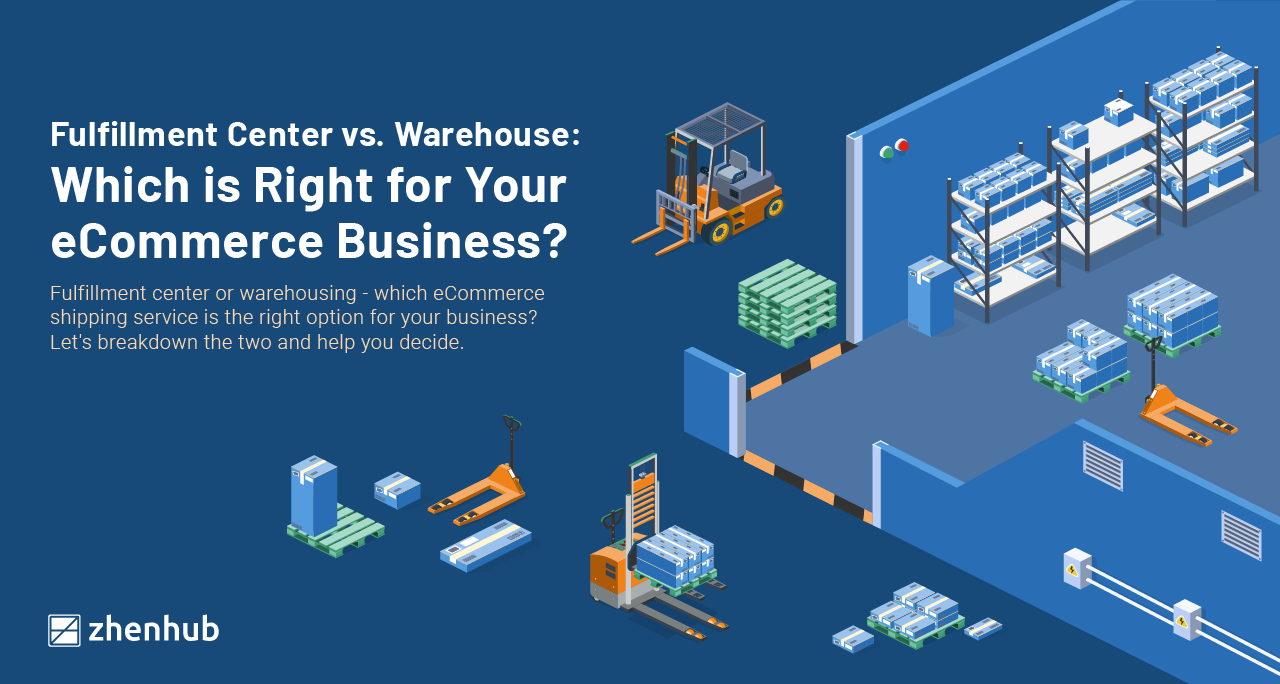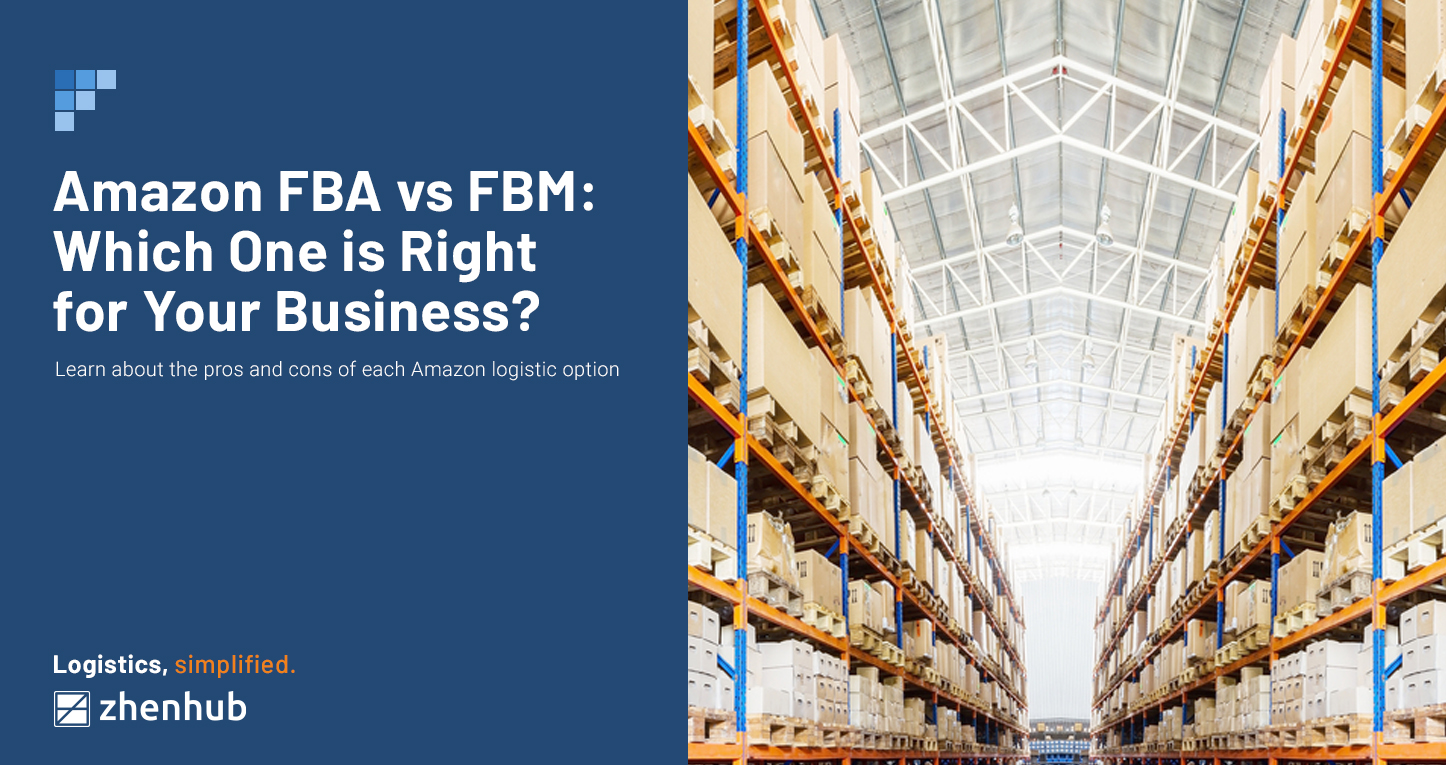
Fulfillment Center vs. Warehouse: Which is Right for Your eCommerce Business?
Time to read: 2 minutes
When it comes to eCommerce shipping, the terms “fulfillment center” and “warehouse” are often interchanged and assumed to be the same. While both do share similarities, when broken down to specifics, they have their differences in terms of use cases, services, and operations.
How Does a Fulfillment Center Differ from a Warehouse?
Fulfillment centers refer to a third-party logistics (3PL) company’s physical location. This is where online merchants “fulfill” their customer orders — from picking up and packing to labeling and e-commerce shipping. One of the largest fulfillment service providers in the world is Amazon FBA.
Warehouses, on the other hand, are typically stand-alone infrastructure that serves only as storage areas for inventory.
To put it simply, all fulfillment centers have warehouses, but not all warehouses are connected to a fulfillment center.
The Difference in How They Work
Fulfillment Center Operations
3PLs offer different services, but operation-wise, they usually employ the following steps in the order fulfillment process:
-
Receiving
Involves collaboration with the merchant and documentation of inventory and other requirements.
-
Picking
Involves assigning a picking team to collect the inventory from the seller-specified location/s.
-
Storing
Involves organizing, shelving, and indexing of the collected items in the fulfillment center.
-
Packing
Involves packing the products in preparation for scheduled release or shipment.
-
Labeling
Involves placing the appropriate shipment labels for easier inventory management and logistics.
-
Shipping
Involves coordinating with partner carriers to ship customer orders.
Warehouse Operations
Given that warehouses are essentially just storage locations, operations only involve inventory management in terms of:
- addition of new items, products, or goods
- transfer of items to other warehouse locations
- release of items for shipment or delivery
Inventory Storage
Fulfillment centers are more focused on inventory turnover, so storage is more on the short-term spectrum. This is the ideal solution for online merchants selling high-demand products with inventory that will not go unsold and stuck in a fulfillment center for more than a month.
Warehouses are designed for long-term storage, which makes it perfect for retailers that need more flexibility. On-demand warehousing is best for sellers who often find themselves with excess inventory or with products that are more seasonal in nature.
Shipping Carrier Pickups
The structure of 3PLs requires them to establish partnerships with shipping carriers. Given the typical volume of orders a fulfillment company receives, shipping carriers usually stick to a schedule in picking up and delivering orders on a daily basis.
Warehouses have less frequent pick-ups and are commonly utilized for bulk orders and shipments, not individual shipping orders.
Benefits
Running an eCommerce shop can be overwhelming. By outsourcing to a fulfillment center, sellers can focus on scaling their business while letting the 3PL companies do the heavy lifting. Partnering with a trusted fulfillment center like ZhenHub will allow retailers to enjoy efficient inventory management, automated warehousing and order fulfillment, and timely eCommerce shipping services at reasonable rates.
Warehousing is beneficial for smaller or start-up eCommerce shops that only need a space to manage their inventory, but still prefer self-order fulfillment due to budget limitations and lack of manpower.
Need help?
ZhenHub offers both fulfillment center services and warehousing. Send us an inquiry to get a free quote or to learn more about what we can do for your business.


